10 years of CRACK IT webinar: A human stem cell-based in vitro system to assess cardiotoxicity in new drugs.
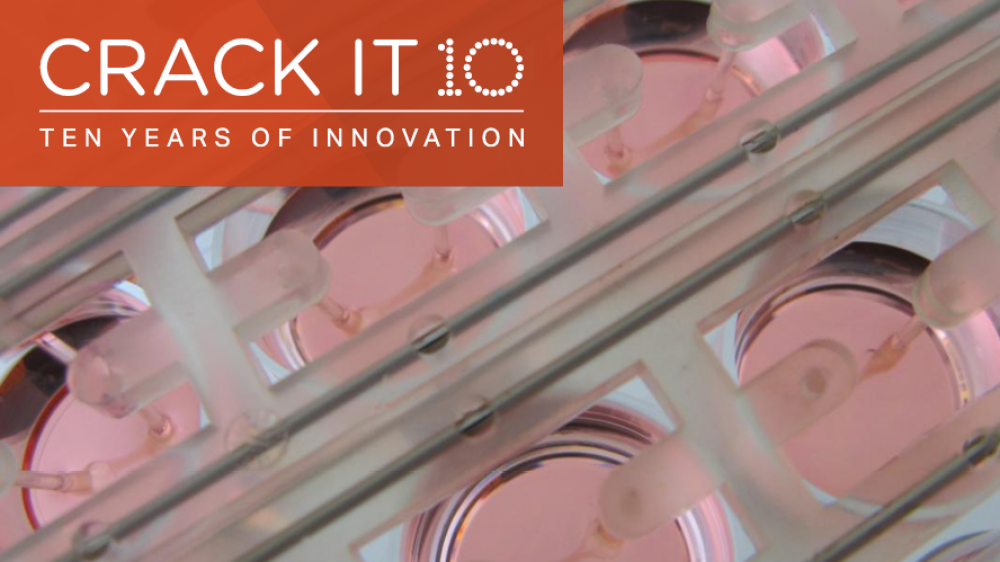
10 years of CRACK IT webinar: A human stem cell-based in vitro system to assess cardiotoxicity in new drugs.

10 years of CRACK IT webinar: The NephroScreen human kidney-on-a-chip platform, which could replace in vivo nephrotoxicity studies in drug development
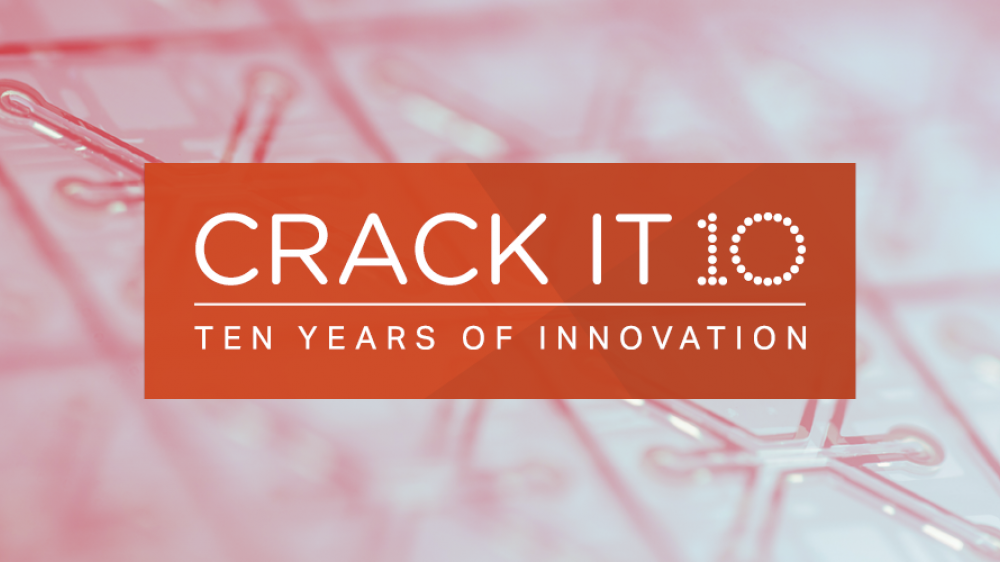
The winning paper has developed organoids to replace mice in many areas of neurological research, with non-animal-derived hydrogels highly commended.

Considerations and resources to support in vivo researchers as they return to working with laboratory animals following a lockdown.
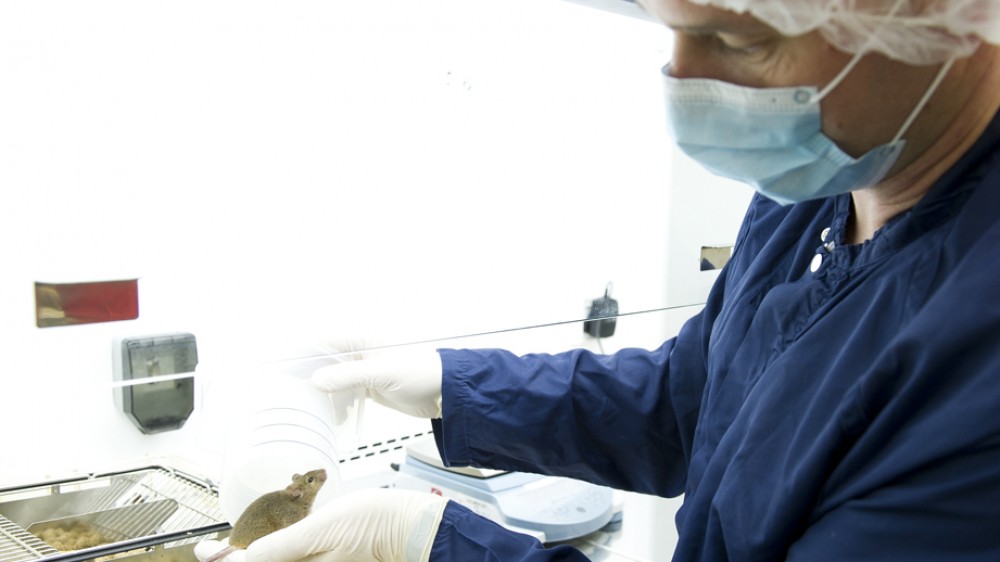
In this webinar Professor Paul Flecknell explains the benefits of e-learning for laboratory animal professionals.
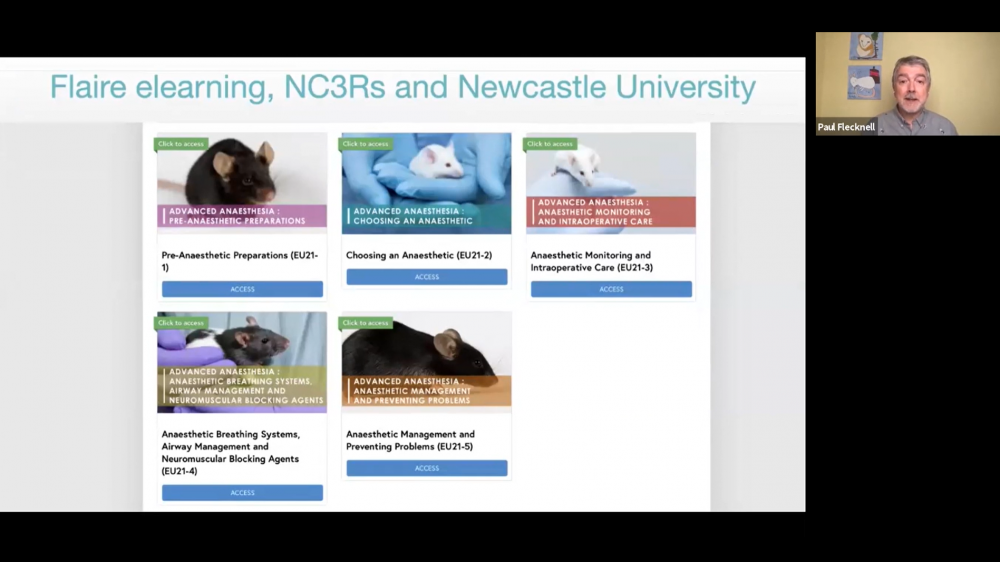
10 years of CRACK IT webinar: The Home Cage Analyser, which provides continuous monitoring of group-housed rodents.
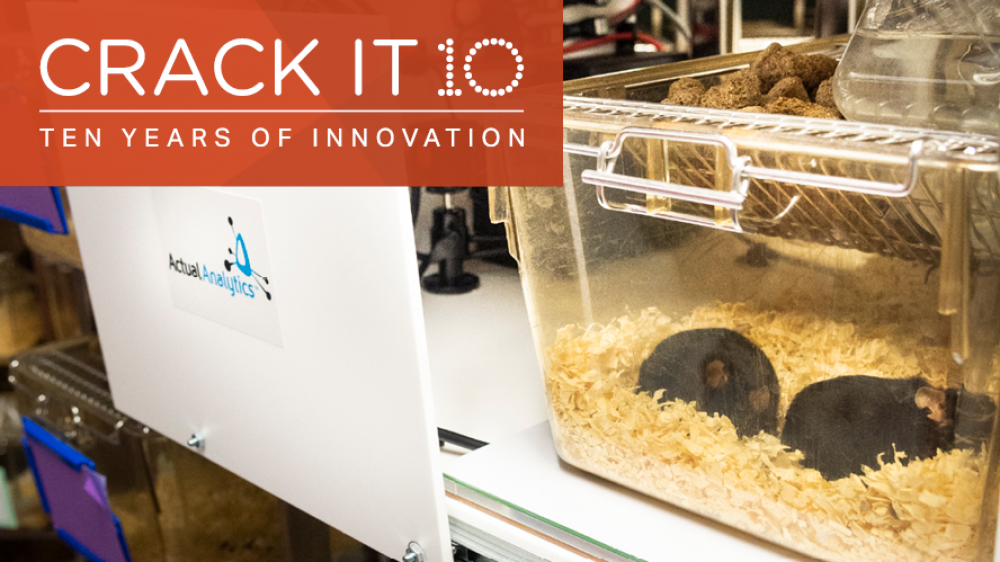
10 years of CRACK IT webinar: an in silico platform developed to model chronic Leishmania infection.
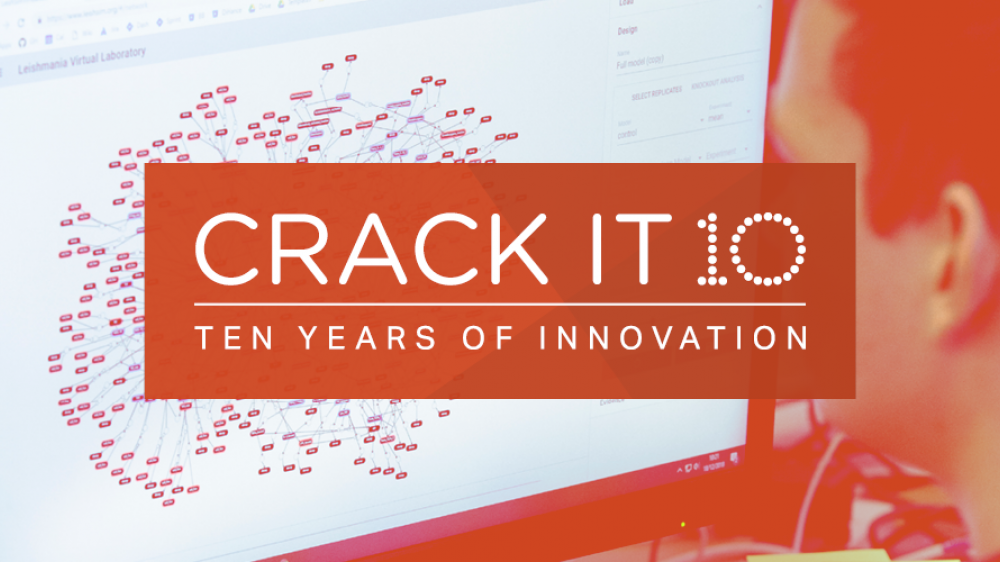
Amanda Novak (Edinburgh) presents advice on good surgical technique and refinements to incorporate into rodent stereotactic surgery procedures.
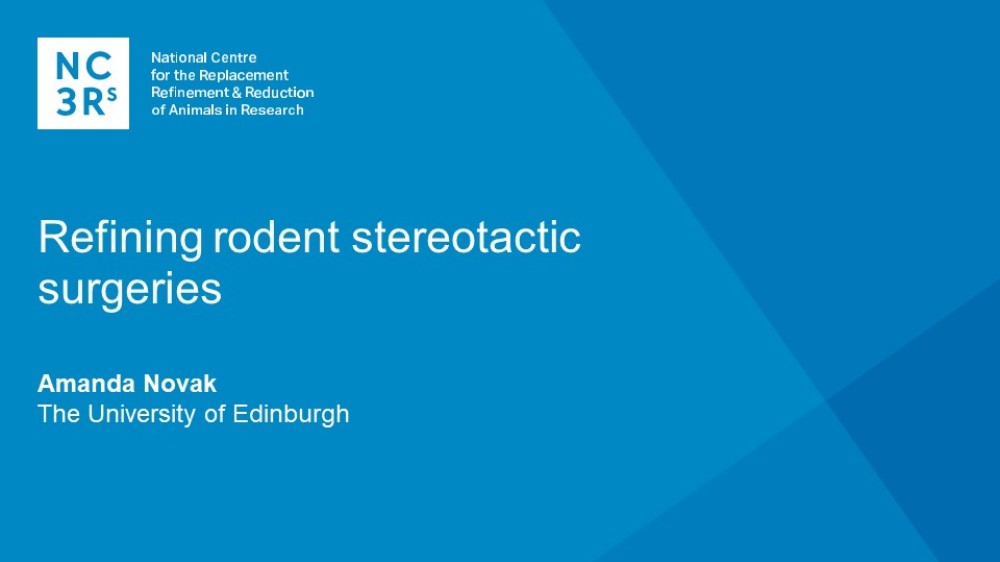
Practical resources to ensure that the 3Rs are considered and kept a priority when services are disrupted.
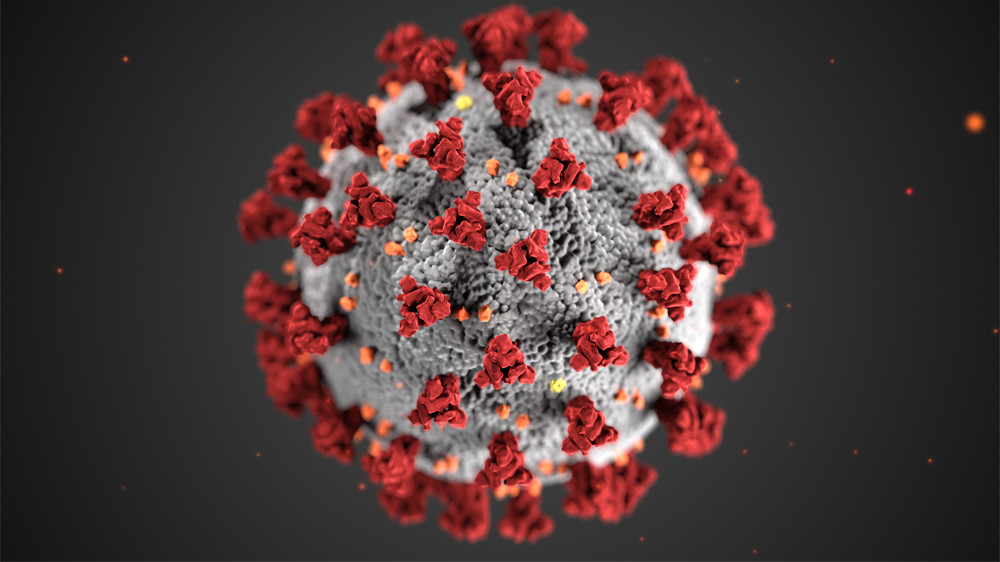
Guidelines for establishing, implementing and refining humane endpoints.
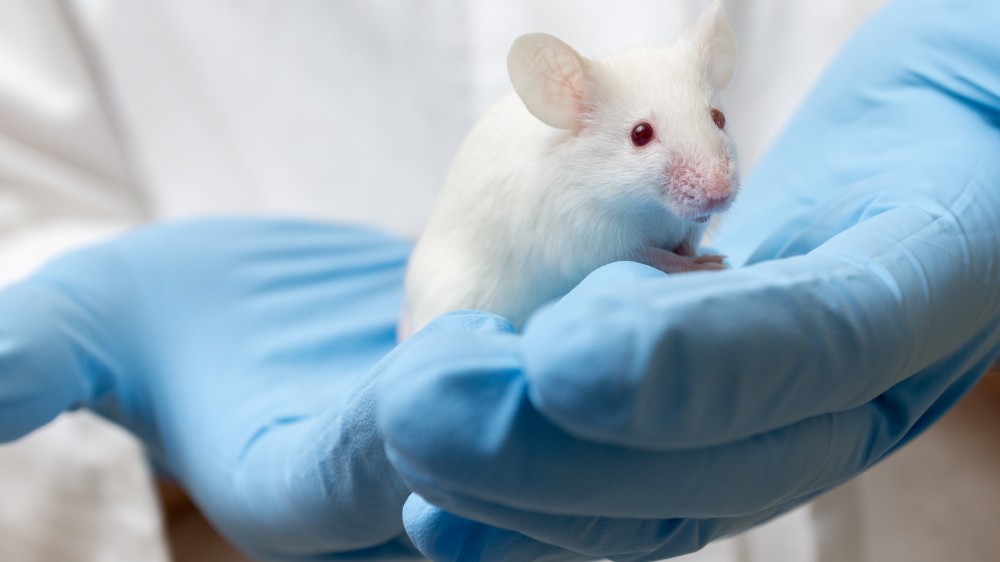
A joint NC3Rs/Mary Lyon Centre webinar on applying best practice to get the most out of the minimum number of animals.
Ways to prevent and manage aggression in laboratory animals, with specific advice for a range of mammalian species.
10 years of CRACK IT webinar: A C. elegans platform to assess the developmental and reproductive toxicity (DART) potential of chemicals.
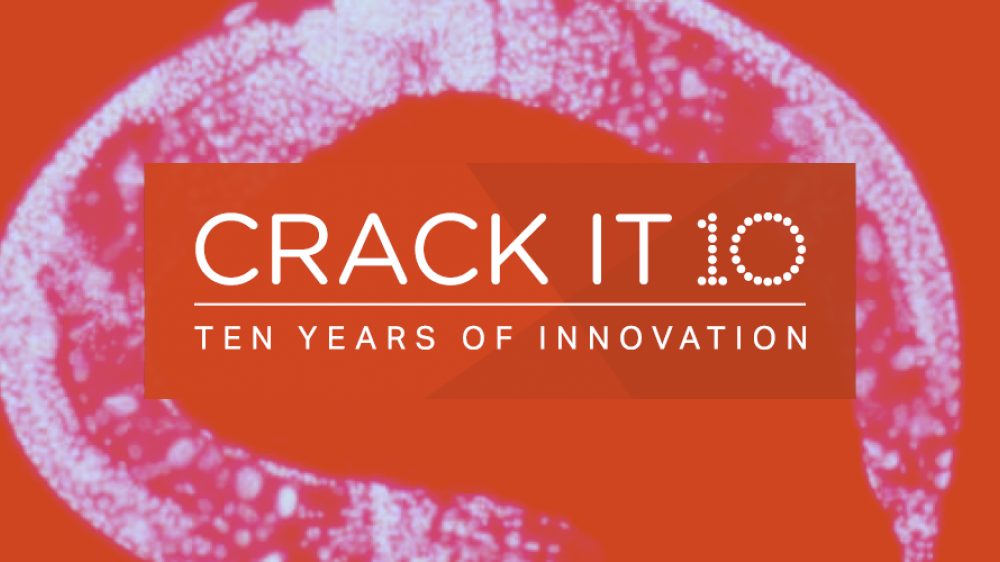
10 years of CRACK IT webinar: TaiNi, a small and ultra lightweight wireless EEG recording device.
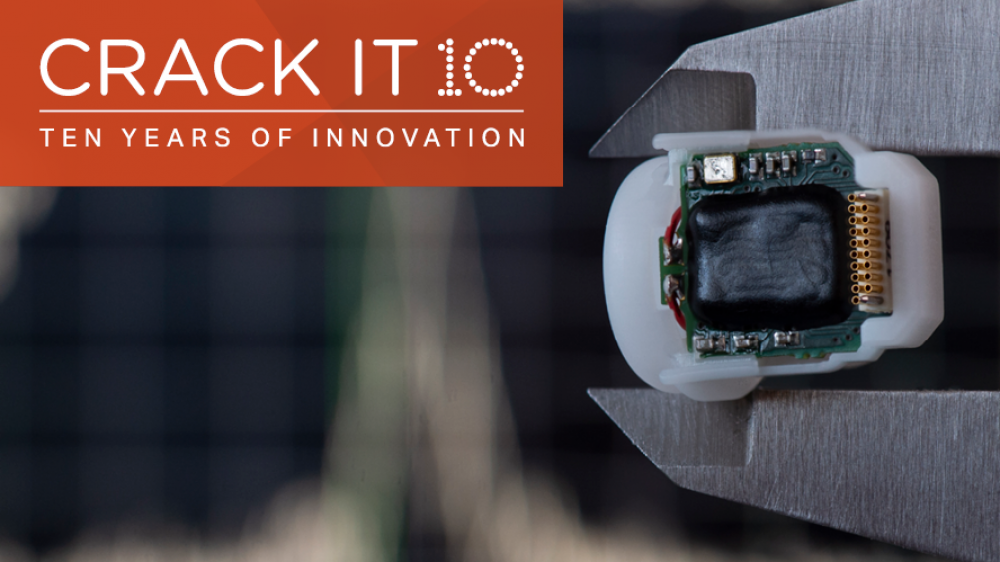
From planning to publication, resources to help you ensure your research is reliable, reproducible and rigorous.

Our approach to ensuring transparency in our work and its outputs.
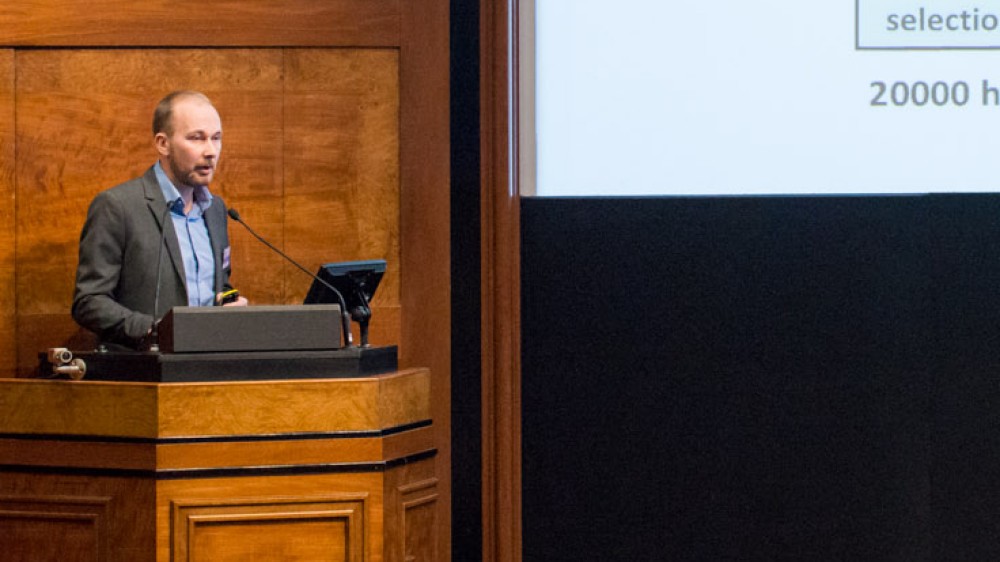
Promoting an institution-wide commitment to animal welfare.
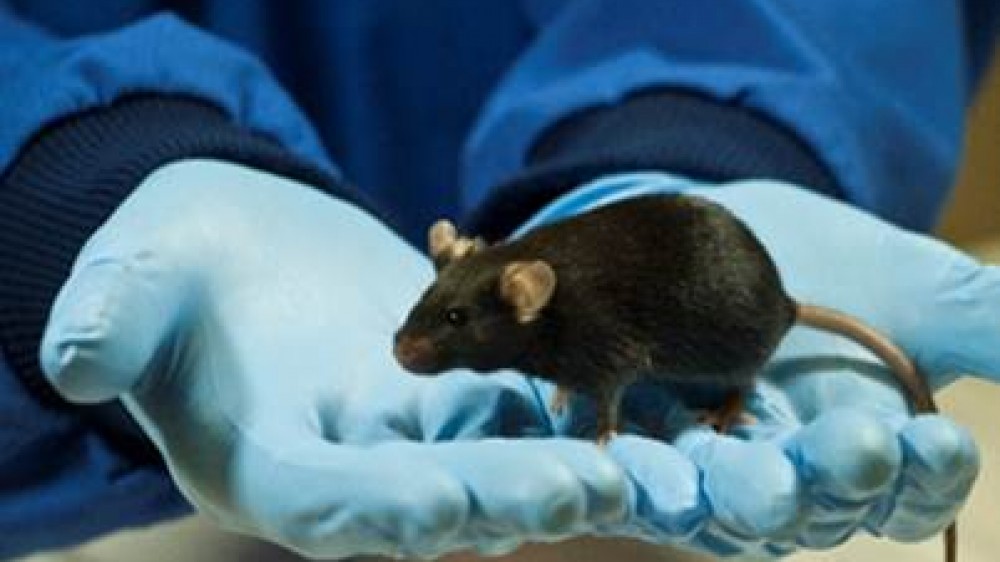
Dr Megan LaFollette (NA3RsC) presents rat tickling as a positive handling technique and provides guidance on putting it into practice.
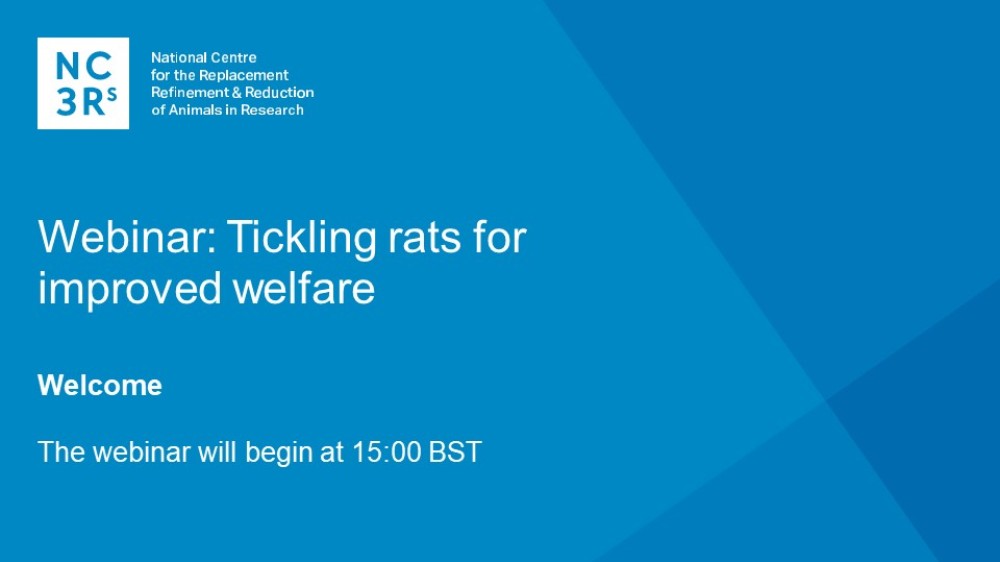
How magnetic resonance imaging (MRI) is contributing to the 3Rs in neuroscience studies involving non-human primates.
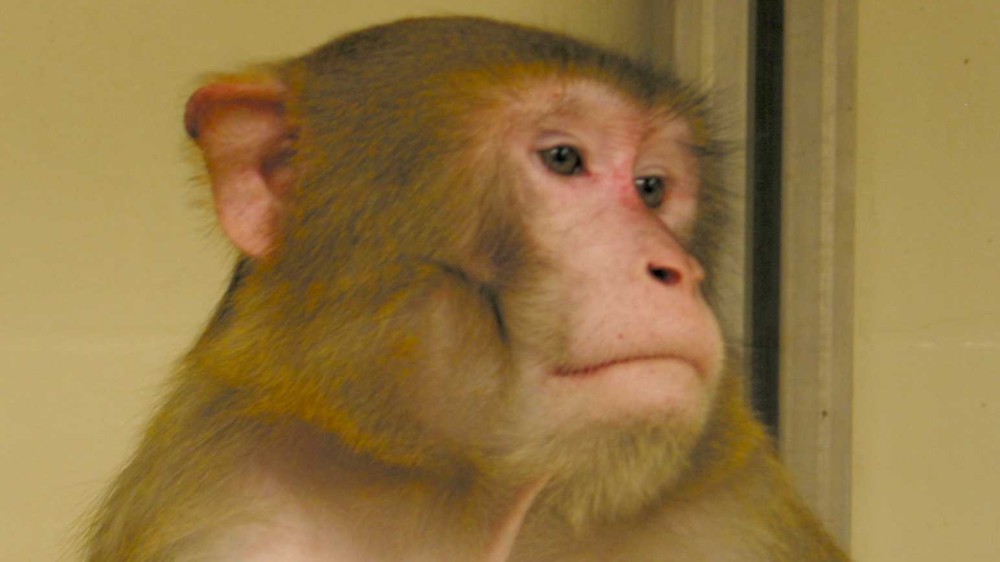
A flyer providing tips in English, Spanish, French and German, as well as links to further resources.
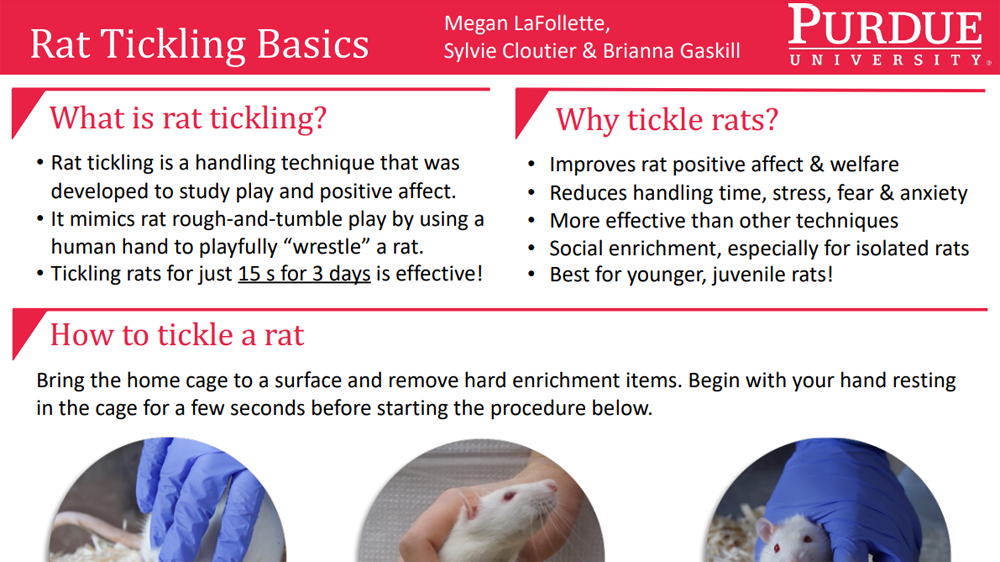
A webinar presented as part of the SETAC SciCon 2020.
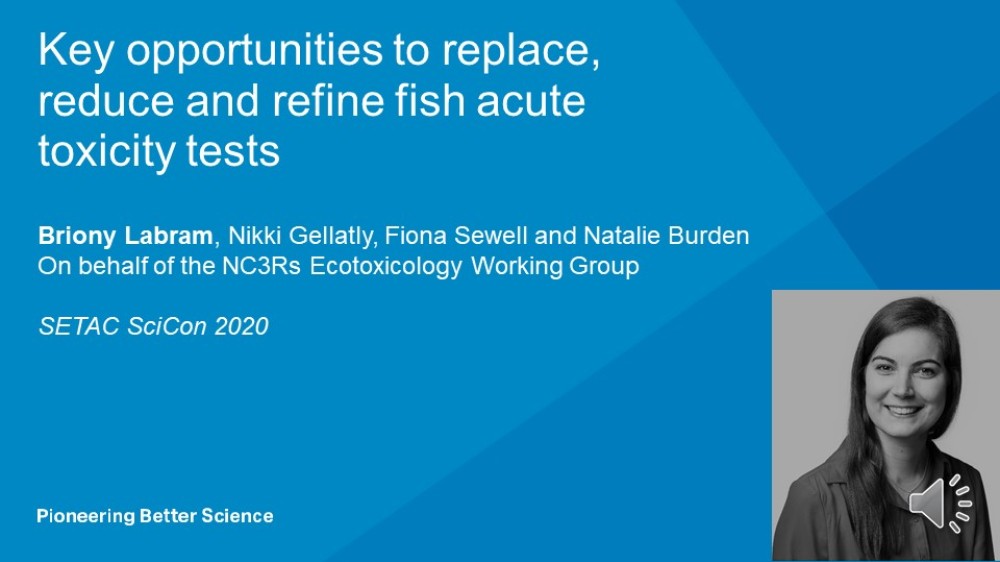
A showcase of organ-on-a-chip research funded by the NC3Rs, highlighting the technology's scientific and 3Rs benefits.
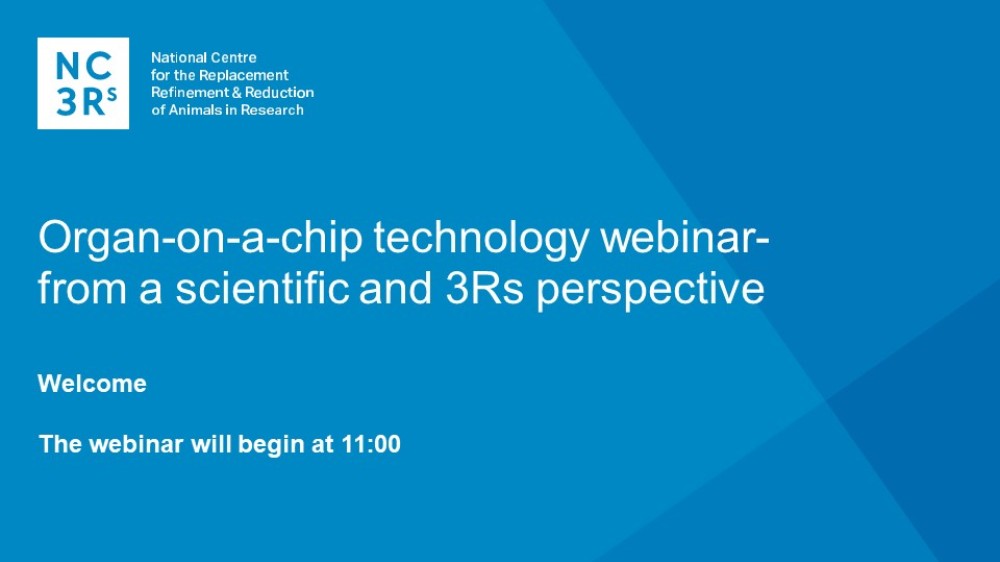
Virtual presentations of 3Rs projects from across Europe.
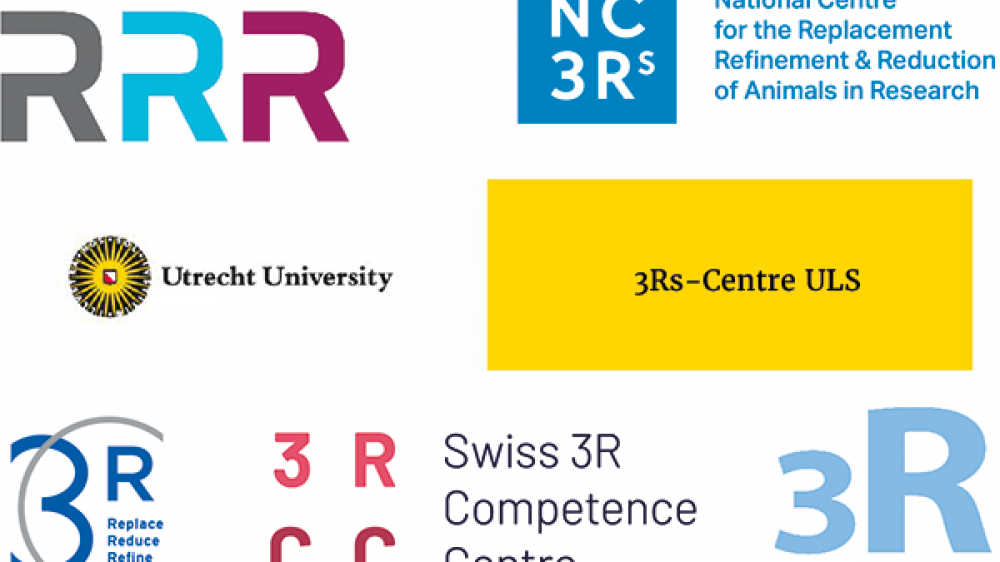
Definition of key terms used in breeding and colony management.